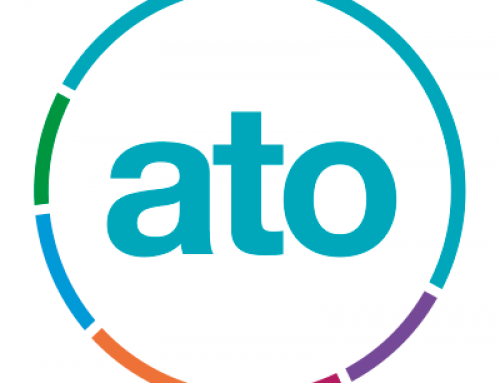Queensland’s building regulator, the Queensland Building and Construction Commission (QBCC), have announced changes as part of the Queensland Government’s security of payment reforms, which strengthen the Minimum Financial Requirements (MFR) for licensing. The first stage of these laws commenced on 1 January 2019.
Background
The QBCC has historically required that financial information be provided to them with any application for a new licence or licence renewal.Since 2014 however, the current Minimum Financial Requirements (MFR) Policy removed the requirement for a licensee to lodge financial information annually. This means that regular, detailed information about a licensee’s financial situation is no longer being provided to the QBCC.
With numerous high-profile insolvencies in recent years, the QBCC feels the need to be able to more clearly monitor the financial situations of licensees and take appropriate action where a licensee may be operating a financially unsustainable business.
Changes
The changes are happening over two stages. Phase 1 began on 1 January 2019 and:
- re-introduces mandatory annual reporting for all licensees
- changes reporting decreases in Net Tangible Assets
- clarifies how assets are to be treated.
Phase 2 will begin on 1 April 2019 and will introduce higher reporting standards for category 4-7 licensees, along with the remainder of the reforms.
Key changes in the new Minimum Financial Requirements Framework include:
1. Strengthening reporting requirements:
- Licensees will need to:
- provide financial information to the QBCC annually.
- report significant decreases in Net Tangible Assets (20% for categories 4-7, 30% for other licensees).
- Higher revenue licensees will be required to provide additional financial information.
- The threshold for self-certifying licensees will be increased from $600,000 to $800,000.
2. Providing clarity about what can be included when calculating a licensee’s assets and revenue:
- Personal recreational and unregistered vehicles can no longer be used to meet minimum asset thresholds.
- Clarity about when money in Project Bank Accounts can be classified as an asset or revenue.
3. Improving data quality and availability for the QBCC:
- QBCC will have greater ability to obtain independent verification of an MFR Report and to recover costs.
- Any ‘material changes’ made by an accountant to an MFR report will need to be clearly identified and supported by updated financial information.
- If a licensee is relying on a Deed of Covenant and Assurance, they will need to provide the QBCC with detailed financial information about the covenantor to show they can honour their agreement.
- Similar requirements will be introduced for related entity loans so the QBCC can assess whether these loans are going to be collectable.
There will also be an improved enforcement framework, including a range of new penalties and offences, for failing to comply with the requirements.
These changes are significant, and go beyond the pre-2014 requirements.
Should you have any questions about the QBCC changes, or would like to discuss them further, please contact the Cooper & Associates Accountants team.






Leave A Comment
You must be logged in to post a comment.